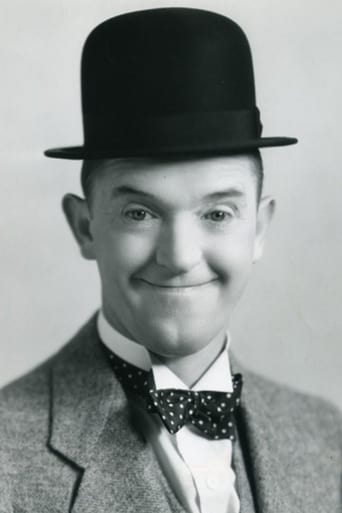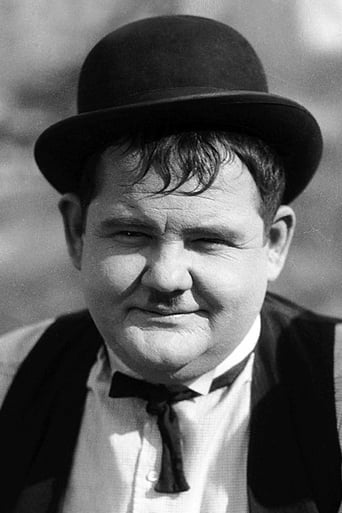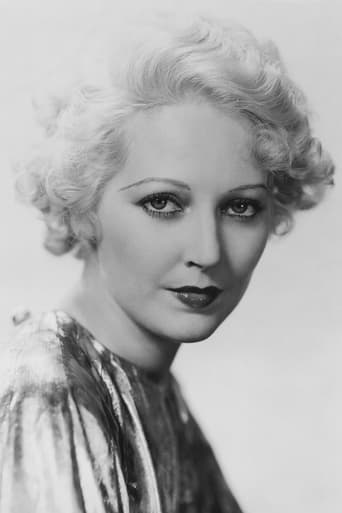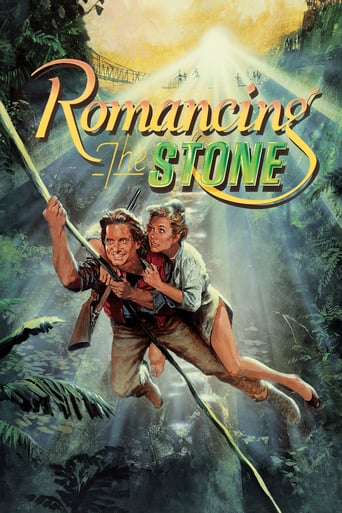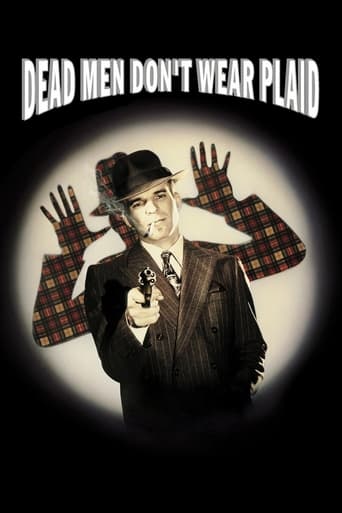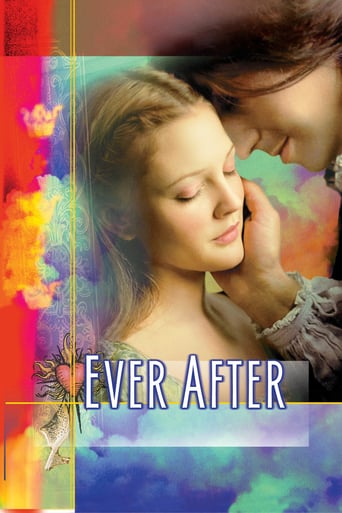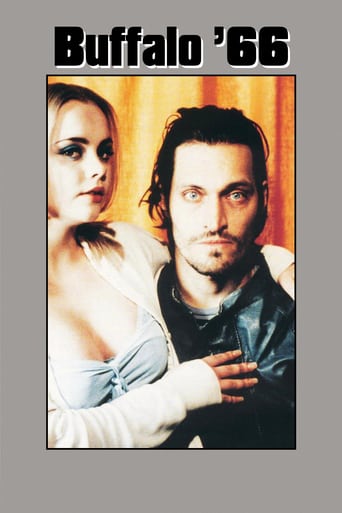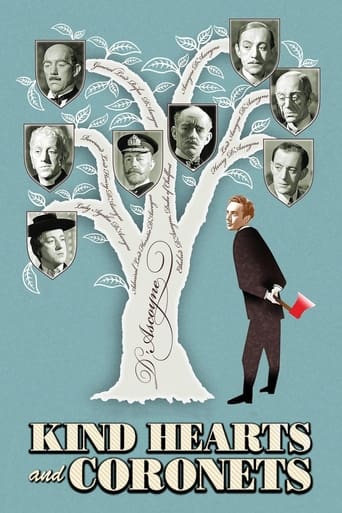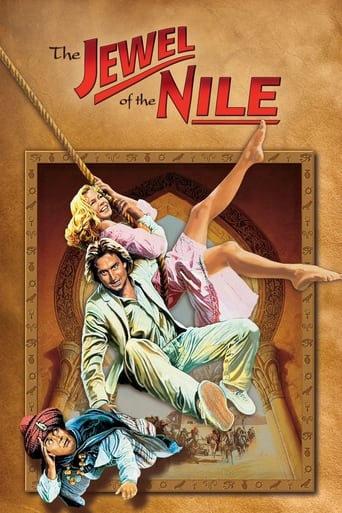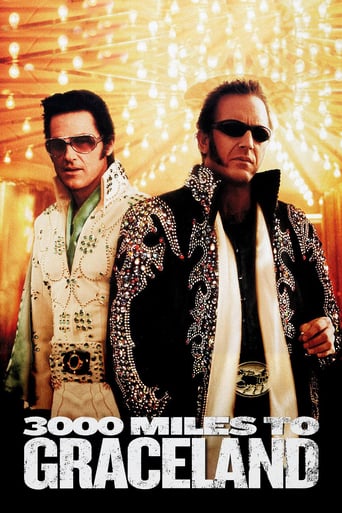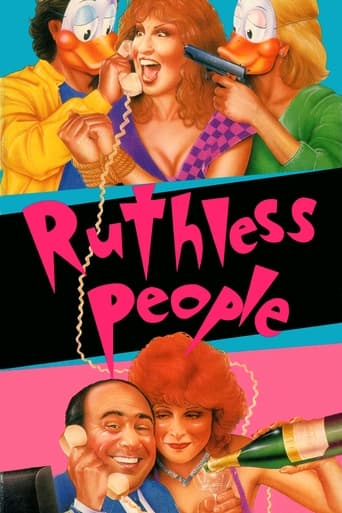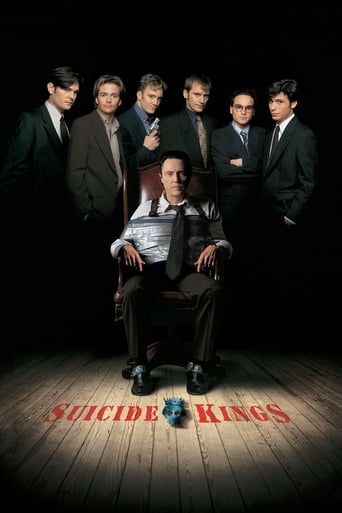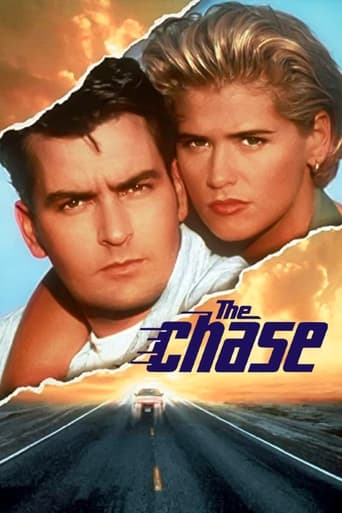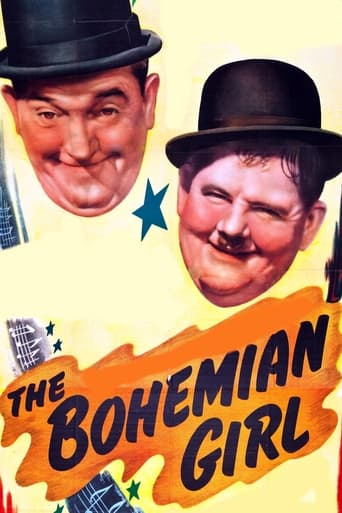
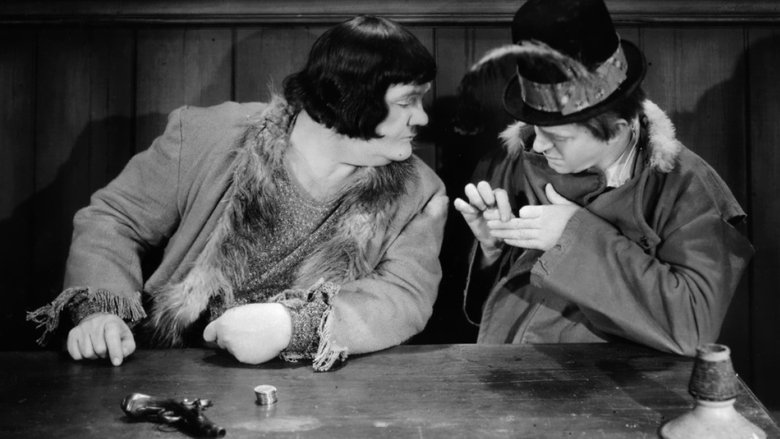
The Bohemian Girl (1936)
Stan and Ollie travel with a band of 18th-century Gypsies holding a nobleman's daughter.
Watch Trailer
Cast


Similar titles
Reviews
Truly Dreadful Film
Ok... Let's be honest. It cannot be the best movie but is quite enjoyable. The movie has the potential to develop a great plot for future movies
One of the most extraordinary films you will see this year. Take that as you want.
Exactly the movie you think it is, but not the movie you want it to be.
Have been a fan of the Boys for decades but had missed this one until a new TV channel specialising in "film history"/Goldie Oldies launched a L&H season and gave me the opportunity to view this one. Never again! Every single one of the "gypsy" scenes could have been omitted with no loss whatsoever (archaic/dated/tiresome drivel now but I cannot really believe that people paying to see this at the local cinema in 1936 would have found these scenes anything other than trite, poorly performed kitsch. The "songs" are only memorable for being worse than the one just before - no memorable melodies, delivered by third rate singers trying to compensate for their lack of singing ability by lots of eye work, hand clasping and upward gazing (probably asking (like me), "How much longer do I have to endure this?") I would love to say that the bits without the dreadful gypsy scenes are then pure gold, but I cannot. There are some quite nasty sides to this picture (child abduction (and therewith, of course, centuries of anti-Romany prejudice/hatred coming through), adultery (and Oliver's hen-pecked husband routine just comes across as simply disturbing/alarming in the way it is played here) plus what seems a little too much enthusiasm for flagellation (including (potentially) of a young woman towards the end!) and the very final scenes of torture being inflicted to raise a (very cheap) laugh at the very end). The portrayal of the Boys as conscious, deliberate thieves/pick pockets also jarred ill with me as one of their key features was always that of innocence/naivety which is retained here overall but cannot be squared with their resolution to set off and deliberately separate people from their belongings (again some anti-Romany feelings creeping in?) Even taking this out, however, and just leaving the Boys on their own and creating havoc, the film STILL has little to offer! Stan's routine of filling wine bottles towards the end is just awful, lacking in timing, innovation and simply flat, I found. Most of the other sketches are fairly flat as well and, overall, I must say that this is probably THE L&H picture which caused me to laugh least of all the ones I have seen (although I believe there are still some stinkers for me to live through in the coming season ("Swiss Miss" from what I have heard?) I believe the Boys were pretty useless when it came to money and were totally ripped off by Hal Roach and others, meaning they did not earn a penny when their films were shown (in black and white) on American TV in the 1950s (where, of course, they were adored and helped to win a whole new generation of fans of their work) and it would seem they were also sometimes pretty useless at choosing which films to appear in as well (and this one should certainly have been left to second-/third-raters from whom one would not expect anything better, like Abbott and Costello or The Three Stooges). Still, I am at least grateful that for every "The Bohemian Girl" there is a "Way out West" and "Sons of the Desert" and that, overall, the gold far outweighs the drivel/dross.
When I watched this again on a Video Treasures VHS tape, I also rewatched the home movies provided and narrated by Stan Laurel's daughter, Lois, as she told of her father and Uncle Babe Hardy's trip to Europe during the early '30s to crowds nearly everywhere as we see some amusing antics they supposedly ad-libbed in front of their fans. We then see color footage of Stan at his home during the '60s admiring his honorary Oscar-which his daughter says he wished he had received with Babe when he was still alive and which he referred to as "Mr. Clean"-and making fun of it by putting glasses in front of it. As for the movie proper, Stan & Ollie are very funny-as always-and Stan especially is hilarious when he accidentally gets drunk trying to bottle some beer! The straight plot involving them as gypsies and their cohorts almost threatens to take over at some points especially when those cohorts start singing but most of it is tolerable, at best. So on that note, The Bohemian Girl is worth a look for L & H fans. P.S. This was Our Gang member Darla Hood's only time she performed with the boys on film. She's mostly held by Oliver Hardy though when she recounted her time with the boys, she had this to say to Leonard Maltin & Richard W. Bann in their book, "The Little Rascals: The Life and Times of Our Gang": "They were so marvelous, Hardy was a bit more serious, and reserved, but Laurel apparently just loved children, and he'd always pick me up, and hold me, play games. I remember one time I wanted to sit and make mud pies, and he sat right down on the ground with me and helped me mold my mud pies!" Thelma Todd had a large role originally but after she tragically died on December 16, 1935-five days after the preview-she was only at the beginning with her dubbed song. As a result, Zeffie Tilbury-who would subsequently appear as an elderly friend of Our Gang in Second Childhood-was added as a gypsy queen, Antonio Moreno would now be paired with Mae Busch-making her characterization a little uneven having to be both romantic to him and still mean to hubby Ollie & his friend Stan, and Felix Knight-Tom-Tom in L & H's Babes in Toyland-sang a song originally meant for Moreno. By that way, that freak ending was funny but it was also a bit abrupt!
Hollywood could never make this movie today in this way. The Laurel and Hardy scenes, and they are funny, are simply inserted between scene of a very sincere, if corny, production of Balfe's then still popular Bohemian Girl. It never occurs to the director to make fun of this folk opera, which must have taken real restraint, as it is at its best quite corny and could easily have been made fun of. But Roach doesn't. When Eileen sings the big number, "I dreamt that I dwelt in marble halls," the focus is on her and nothing ridicules what was then still a popular number in pops concerts.That's what fascinated me about this picture. Yes, as with the Marx Brothers'A Night at the Opera those with no interest in opera or its performance history will see the operatic scenes as just annoying filler. But for those of us who do have an interest in such things, it's very interesting to see that there was a time when Hollywood could present opera, even not very good opera, in a sincere and straightforward fashion, relying on the audience to enjoy those segments for what they were.Yes, this is another example of Laurel and Hardy, and an enjoyable one. But it is also a sort of document of how a certain type of opera was once performed and appreciated, and that is not negligible.
THE BOHEMIAN GIRL (1936)Aspect ratio: 1.37:1Sound format: Mono(Black and white)Two bumbling gypsies (Stan 'n' Ollie) are left holding the baby when Ollie's wife (Mae Busch) steals the infant daughter of a contemptuous nobleman (William P. Carleton).The last of three L&H vehicles based on popular comic operas (following FRA DIAVOLO and BABES IN TOYLAND). Derived from a work by Michael William Balfe, THE BOHEMIAN GIRL is theatrical in every sense of the word, with its exaggerated performances (by everyone except Stan and Ollie), cramped sets and predictable plot. Some of the songs are lovely (particularly the ode to Ollie's fatherly love, sung at breakfast by Julie Bishop, here billed as 'Jacqueline Wells'), but most are rendered quaint by antiquity. Ollie is just as punctilious and accident-prone as ever, but Stan steals the picture with effortless grace, getting drunk on home-made wine and saving Bishop from Carleton's misguided nobleman. Favorite gag: After being told that Ollie has become a father, Stan shakes his hand and declares, "I hope you grow up to be as good a mother as your father was!". Mae Busch plays Ollie's duplicitous wife, and L&H regular James Finlayson turns up in a bit part as one of Carleton's guards. Though previewed in 1935, the movie underwent extensive re-editing following the death of co-star Thelma Todd, who appears only briefly in the finished version as the gypsy queen's daughter. Directed by James W. Horne and Charles Rogers.


